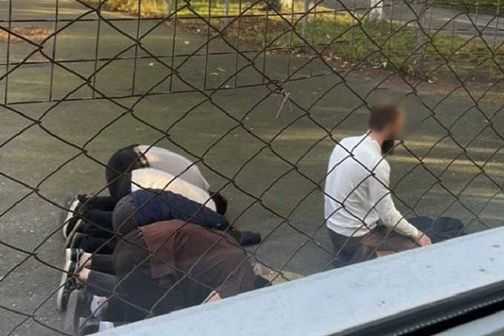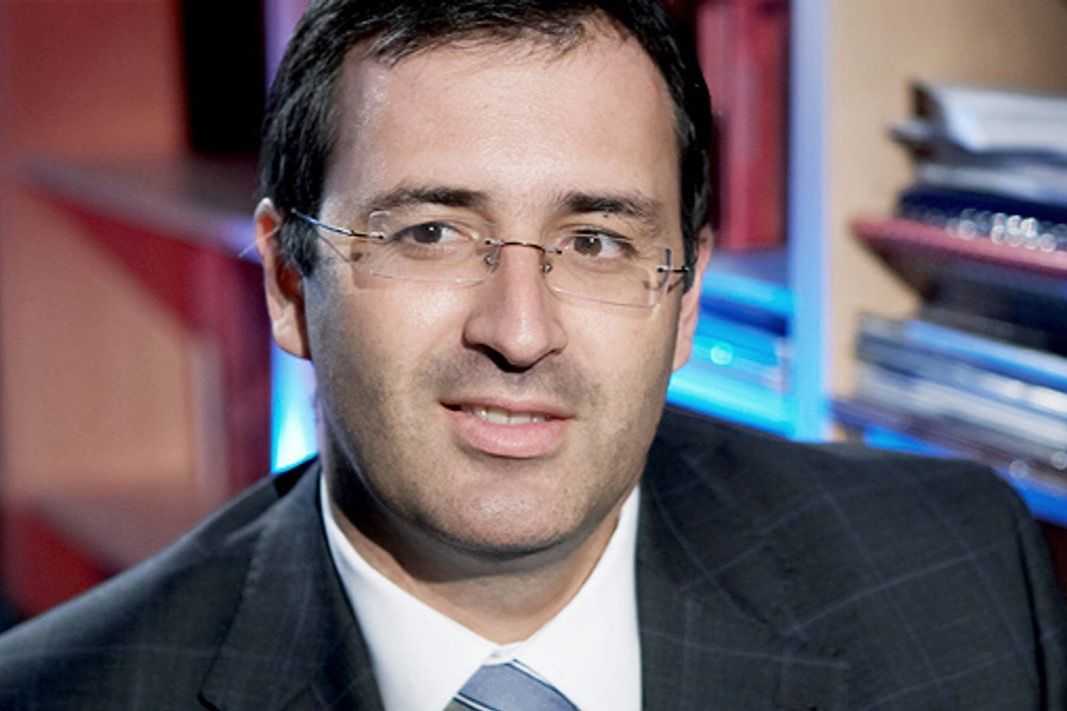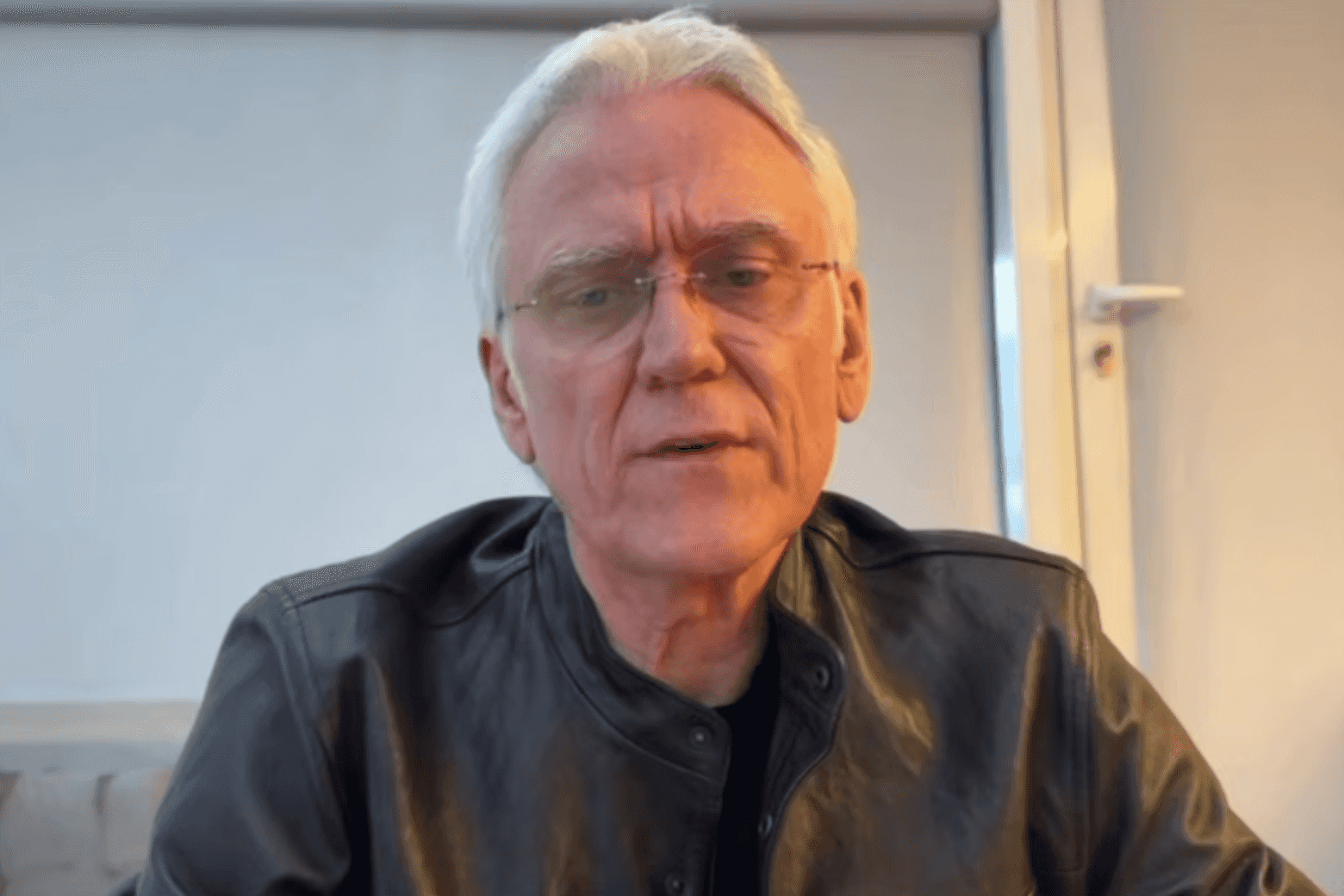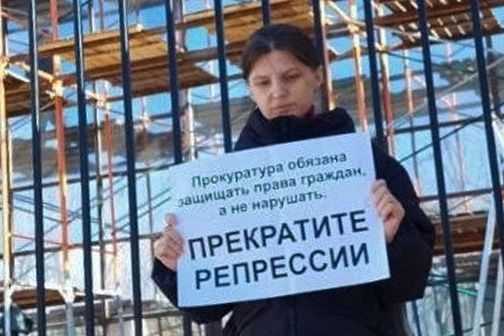Caucasian activists rally against deportation of Ingush asylum seeker from Belgium
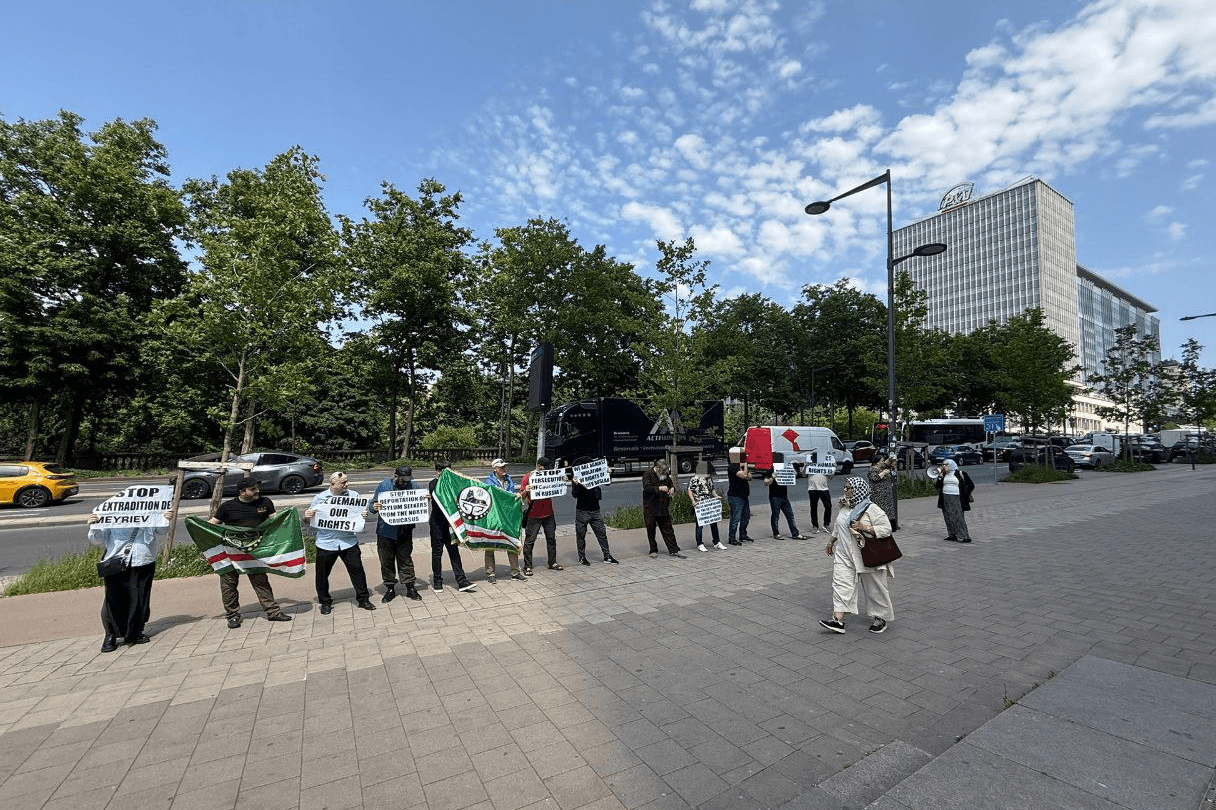
On Friday, 13 June, a small protest took place in Brussels in support of Ruslan Meyriev, a 41-year-old Ingush man from Vladikavkaz, who is currently in detention in Mechelen on terrorism charges activists believe were based on intelligence provided by Russia.
The small rally was organised by human rights advocate Fatima Gazieva, the head of the group PeaceWomen Across the Globe. According to Gazieva, around ten people joined the demonstration, holding signs that read ‘Justice for Ruslan Meyriev’, ‘Free Ruslan Meyriev’, and ‘Stop human rights violations’.
‘For eight months Ruslan has been sitting in solitary confinement, we are not given any information on his case, they say it is classified. He himself says that he is being interrogated all the time. At the same time, it is not known whether there is a threat of extradition now — no one is giving us any dates. The man has not committed any crime on the territory of the European Union, he has legal documents for his stay, but he is considered a criminal’, Gazieva told OC Media.
Activists expressed concern over what they described as insufficient legal support for Meyriev and the risk of his extradition to Russia. Gazieva stated that Russian authorities had requested his extradition as early as the summer of 2024. Telegram channels linked to Russian law enforcement allege that the charges against Meyriev are based on intelligence from Russian security services, which claim he attempted to plan terrorist attacks ahead of the 2014 Sochi Olympics.
Meyriev had reportedly been living in Crimea since 2013 and relocated to mainland Ukraine following Russia’s occupation of the peninsula. He was granted temporary residency due to his marriage to a Ukrainian national. In 2015, he was detained by Ukraine’s Security Service (SBU) on suspicion of jihadist activity, but the charges were dropped a few months later.
Following Russia’s full-scale invasion of Ukraine in 2022, Meyriev left for Finland and later moved to Sweden. In June 2024, he was arrested in Stockholm under a Belgian warrant issued after a diplomatic request from Russia. He was subsequently transferred to a migrant detention centre in Belgium, and then to Mechelen prison, where proceedings against him on terrorism charges began.
Meyriev was reportedly placed in solitary confinement and has been on hunger strike since February in protest against the accusations. Belgian authorities suspect him of having fought in Syria on the side of radical opposition forces. However, Meyriev denies ever having travelled to Syria, claiming that the person seen in alleged photos of militants is not him.
Human rights groups fear that, if extradited, Meyriev could face political persecution, torture, or even forced conscription. During the protest in Brussels, participants raised concerns about the limited legal assistance available to Meyriev and his conditions in Belgian custody.
‘Our main message is “Justice for Ruslan Meyriev”, along with calls for his release and for an end to human rights violations,’ Gazieva wrote in a Facebook post. ‘We want to highlight the lack of proper legal aid and the real danger of his extradition to Russia, where, according to statements from his supporters, he risks severe repression’.
Meyriev’s case is not unique; across Europe, authorities have regularly detained individuals from the North Caucasus accused of being members of extremist organisations, including the Islamic State, often on the basis of Russian intelligence reports. Human rights defenders argue that many of these cases are based on opaque or unverified evidence and remain subject to legal challenges.
In 2024, Amnesty International called on EU member states not to extradite individuals from the North Caucasus who risk political persecution if returned to Russia.





